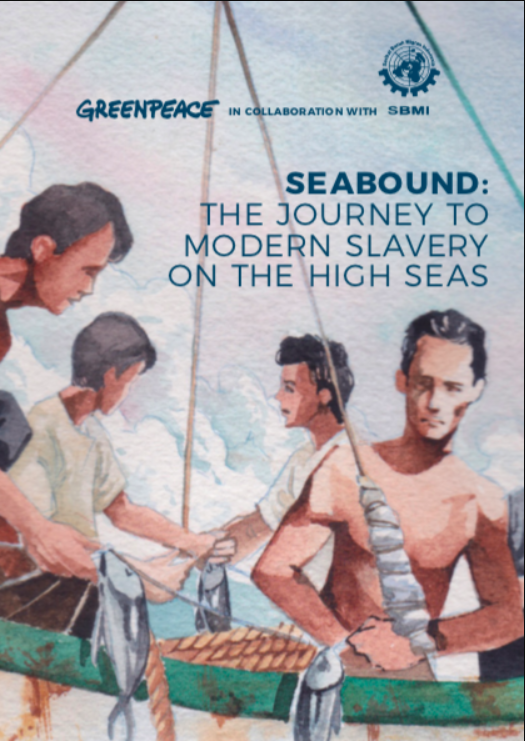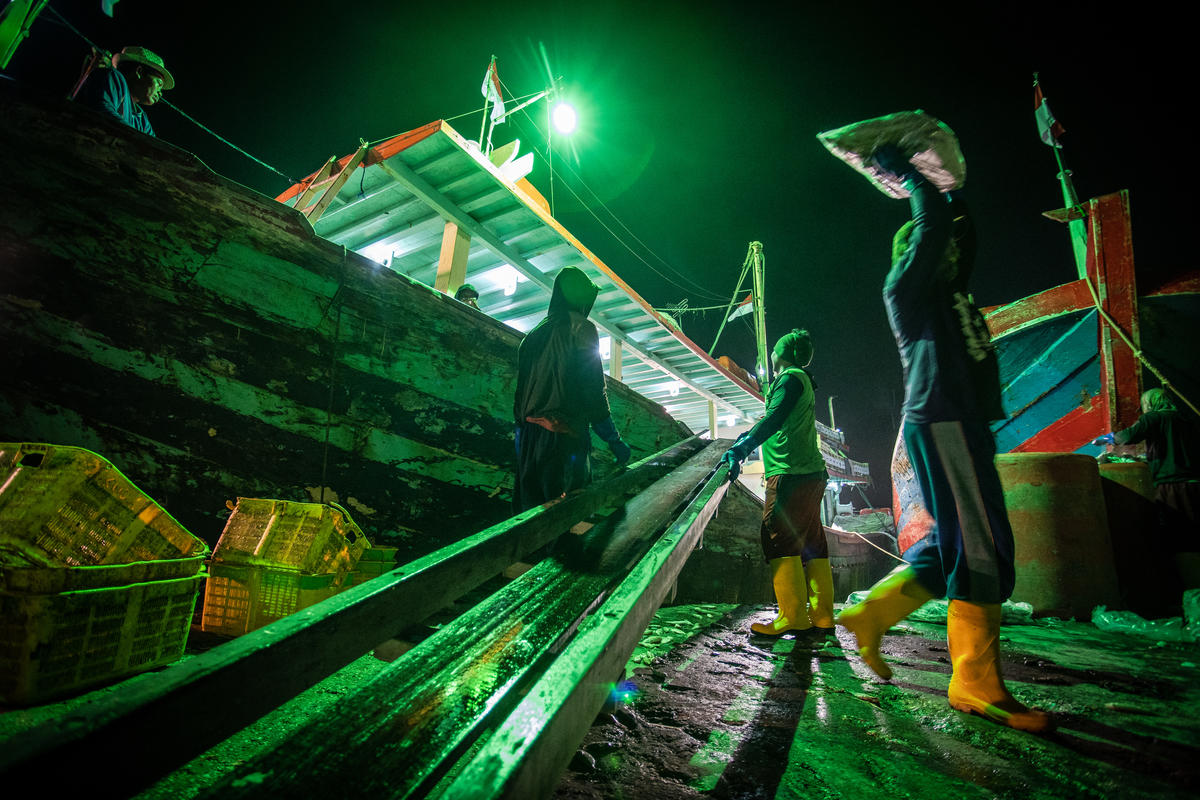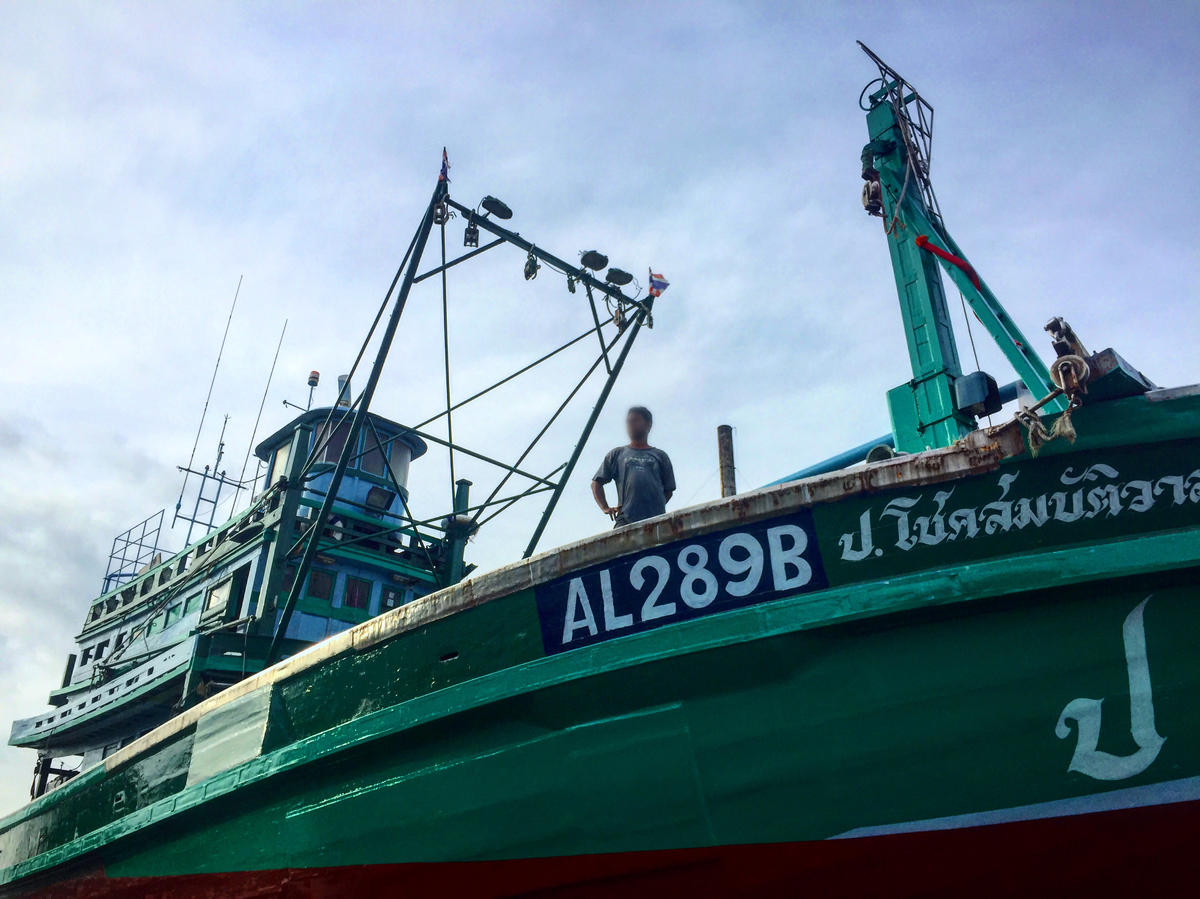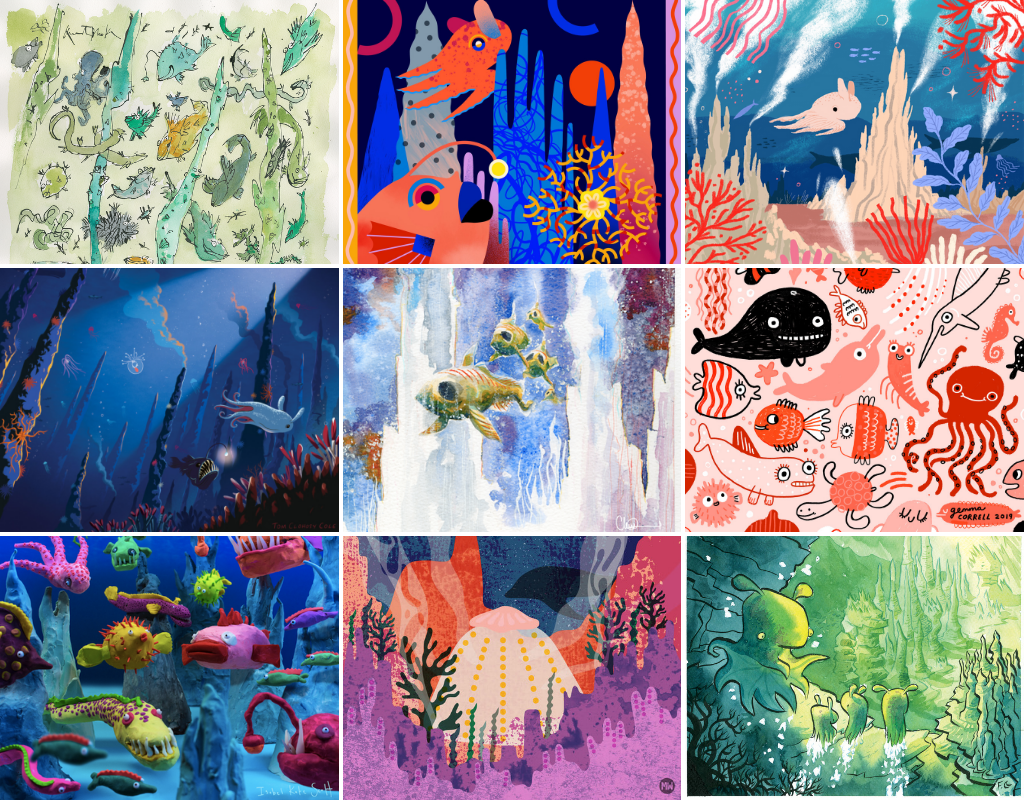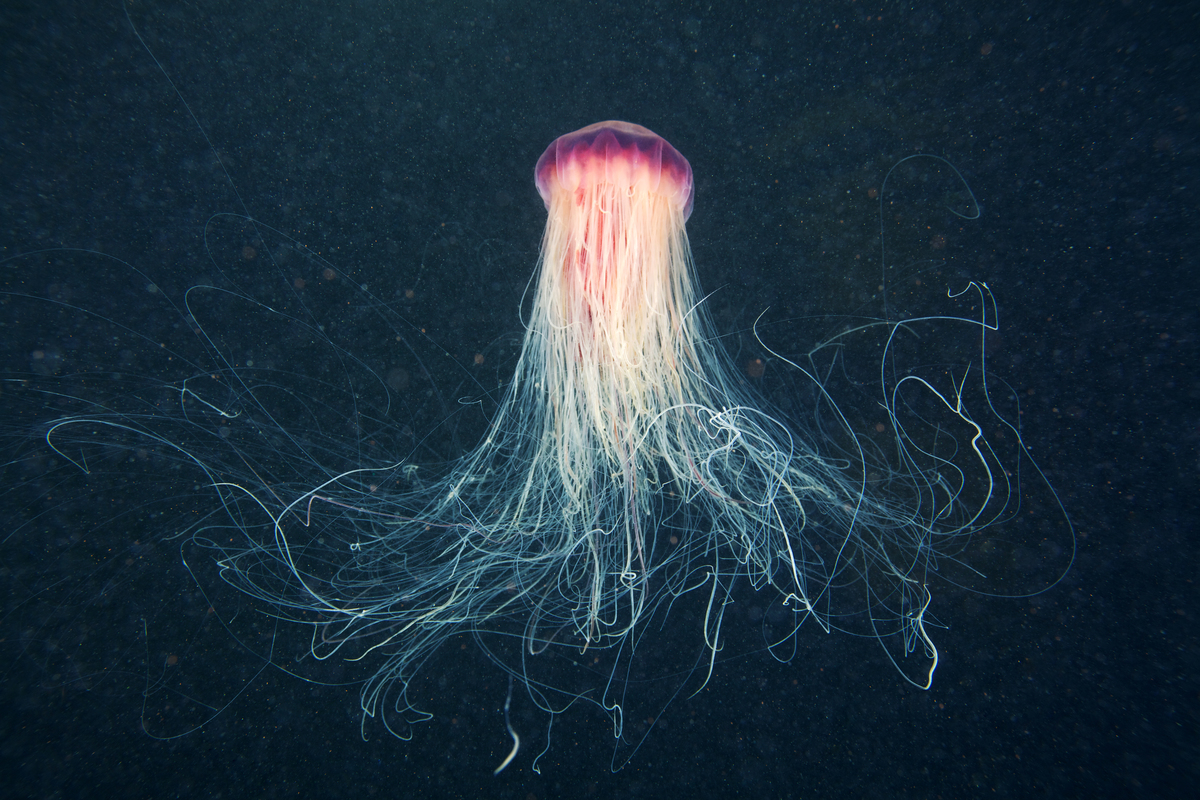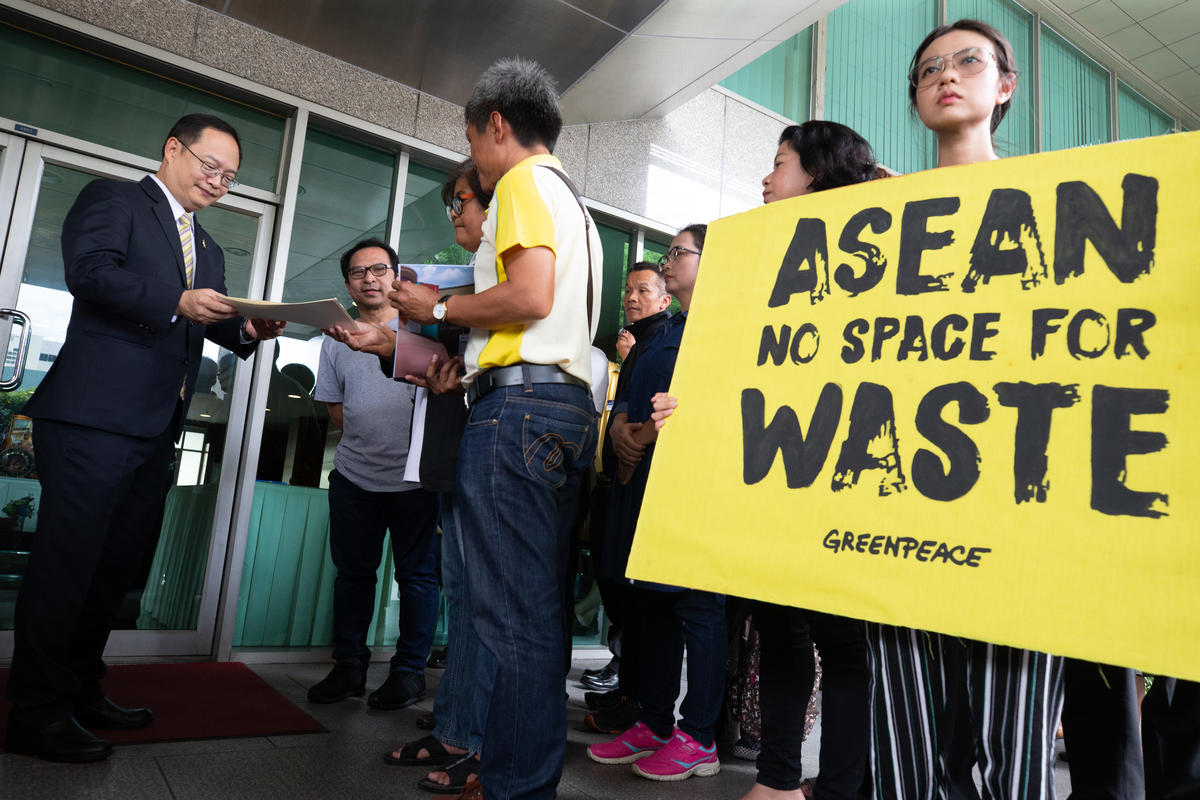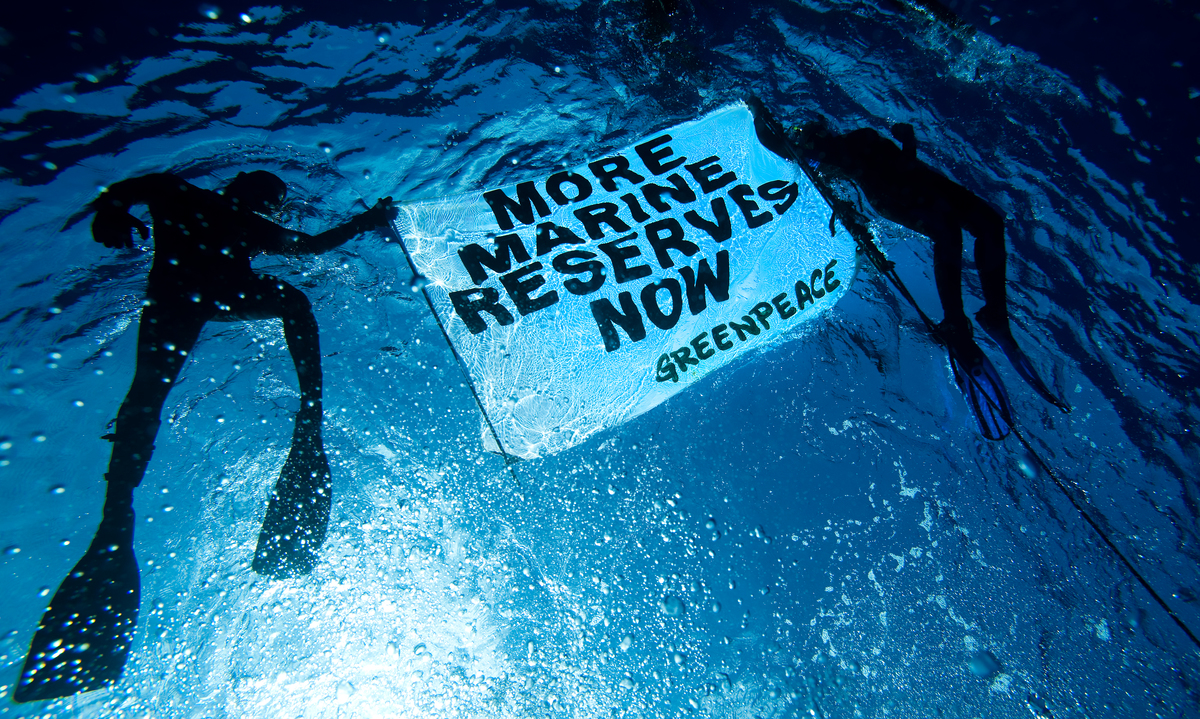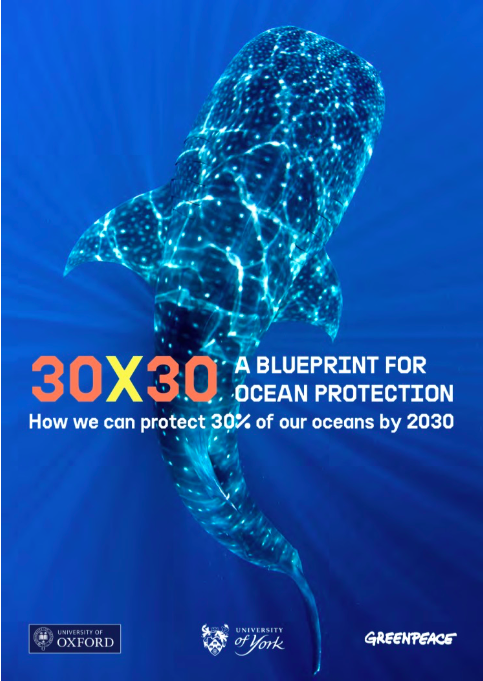Filtered results
-
Seabound: The Journey to Modern Slavery on the High Seas
For several years now, international media has shone a spotlight on the inhumane working conditions of migrant fishers from Southeast Asia. The vessels they work on reportedly use destructive, illegal, and unreported methods, which take a heavy toll on the health and viability of our already fragile oceans.
-
New testimonials suggest “modern slavery” for Southeast Asian migrant fishers working out at sea
13 foreign distant water fishing vessels have been accused of abusing migrant fishers from Southeast Asia, in cases so severe it has been characterised by many as “modern slavery”.
-
We must put an end to modern-day slavery at sea
Every year, on the 23rd of August, the world remembers the slave trade and its abolition. It is a haunting reminder of humanity’s ugly past- of how millions of people…
-
How an Instagram hashtag is inspiring thousands to protect the oceans
If you follow artists and illustrators on Instagram, it is likely you’ve come across the #DrawThisInYourStyle challenge, where artists recreate others illustrations in their own unique style. Now the hashtag…
-
5 reasons why deep sea mining will only get our planet into deep trouble
The depths of our oceans hide a unique living world that we barely understand – but these mysteries are already under threat from a controversial new industry: deep sea mining.
-
Greenpeace Statement on the ASEAN Framework of Action on Marine Debris
The Bangkok Declaration and the ASEAN Framework of Action on Marine Debris is a good example of how regional action can be achieved to address a common challenge. However, the Framework falls short of addressing the plastic pollution problem at root.
-
30×30: Groundbreaking scientific study maps out how to protect a third of the world’s oceans by 2030
London, UK – Governments meet at the UN to negotiate towards an historic Global Ocean Treaty, that has mapped out how to protect over a third of the world’s oceans.
-
30X30: A Blueprint for Ocean Protection
The report, 30×30: A Blueprint For Ocean Protection is the result of a year-long collaboration between leading academics at the University of York, University of Oxford and Greenpeace.
-
Greenpeace: Only five out of 23 tuna canneries in Southeast Asia make the grade
Manila — Greenpeace Southeast Asia today released its latest tuna cannery ranking evaluating 23 canneries and brands from the Philippines, Thailand and Indonesia based on their policies.
-
From Sea to Can: 2018 Southeast Asia Canned Tuna Ranking Report
Tuna stocks globally continue experiencing pressure from destructive fishing practices and overfishing while slavery at sea and human rights abuses are rampant in water fishing fleets around the world.

